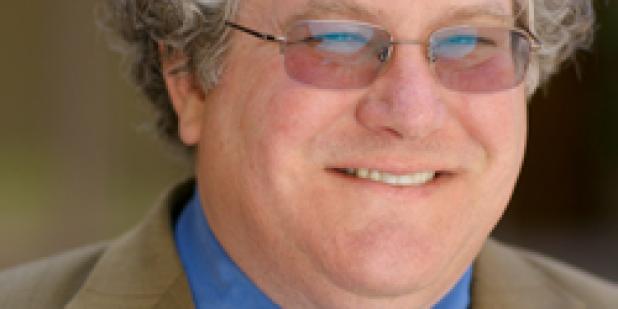Join us for a free one-day workshop for educators at the Japanese American National Museum, hosted by the USC U.S.-China Institute and the National Consortium for Teaching about Asia. This workshop will include a guided tour of the beloved exhibition Common Ground: The Heart of Community, slated to close permanently in January 2025. Following the tour, learn strategies for engaging students in the primary source artifacts, images, and documents found in JANM’s vast collection and discover classroom-ready resources to support teaching and learning about the Japanese American experience.
Archaeological Perspectives on the Qin Unification of China
Dr. Lothar Von Falkenhausen introduces recent archaeological findings that have prompted a reinterpretation of the First Emperor's historical contribution.
Where

Dr. Lothar Von Falkenhausen, UCLA, introduces recent archaeological findings that have prompted a reinterpretation of the First Emperor's historical contribution. It is often claimed that when the First Emperor unified large parts of continental East Asia for the first time under a centralized bureaucratic regime, he imposed a series of comprehensive innovations, e.g., a unified script, currency, weights-and-measurements system, and legal code. Recent archaeological discoveries have show, however, that the Qin unification merely introduced to the rest of China the administrative institutions that had previously been established in the Qin kingdom, and which in turn were no more than a variation of the institutions that existed simultaneously in neighboring states. The First Emperor's mausoleum with its famous terra cotta figures should likewise be seen as a gigantically magnified manifestation of a tomb type that had been evolving since the middle of the first millennium BC. It is now obvious that the unification of China was not achieved during a single emperor's reign, but a drawn-out process that extended over centuries.
This program is graciously sponsored in conjunction with the exhibition, Terra Cotta Warriors: Guardians of China's First Emperor, in memory of Harry Rooney.
Hours:
Tuesday-Thursday, 10 AM-4 PM
Friday, 10 AM-8 PM
Sunday-Saturday, 10 AM-4 PM
The fourth Thursday of every month, 10 AM-8 PM
Tickets:
Tickets can be purchased at the Visitors Services desk at
the Bowers Museum, online or via phone
through Ticketmaster: 877.250.8999.
Pricing:
All ticket prices include the exhibition audio tour and access
to all other museum galleries.
Weekdays: $25 adults, $19 students and seniors (62+)
Weekends: $27 adults, $21 students and seniors (62+)
Admission for children under 6 is free
PIMCO's Free Friday Nights:
Free admission for up to 100 visitors per hour at 4, 5,
6 and 7PM. Join us after hours for specialty drinks, film screenings, and more!
School Tours and Group Sales (10 or more):
Call our tour office at 714.567.3680 for scheduling
Tickets subject to availability. All tickets are for timed entry slots.
Additional fees apply when booking online and by telephone.
Featured Articles
Please join us for the Grad Mixer! Hosted by USC Annenberg Office of International Affairs, Enjoy food, drink and conversation with fellow students across USC Annenberg. Graduate students from any field are welcome to join, so it is a great opportunity to meet fellow students with IR/foreign policy-related research topics and interests.
RSVP link: https://forms.gle/1zer188RE9dCS6Ho6
Events
Hosted by USC Annenberg Office of International Affairs, enjoy food, drink and conversation with fellow international students.
Join us for an in-person conversation on Thursday, November 7th at 4pm with author David M. Lampton as he discusses his new book, Living U.S.-China Relations: From Cold War to Cold War. The book examines the history of U.S.-China relations across eight U.S. presidential administrations.




